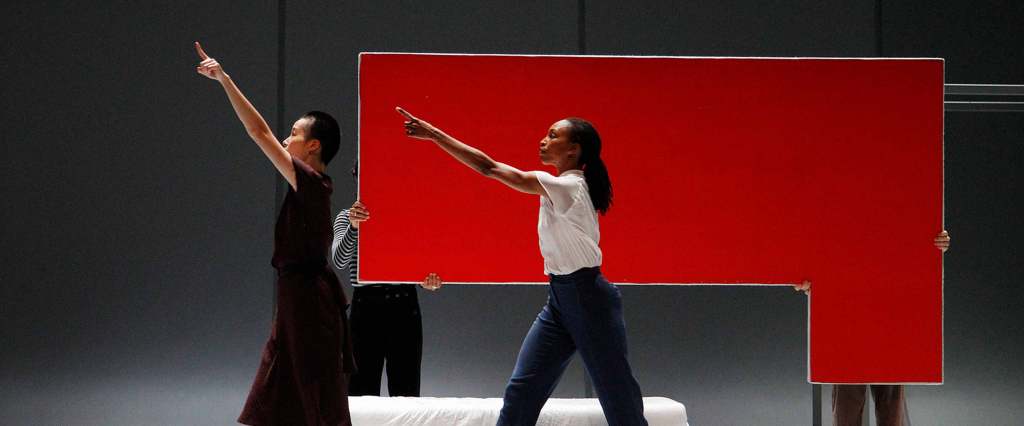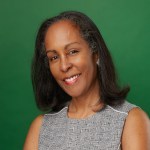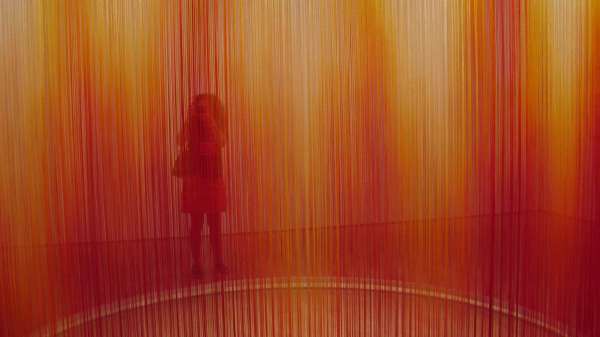
The outbreak of hate crimes and violence aimed at Muslims, immigrants, women, and people of color reaffirms our commitment to fighting inequality and protecting those being targeted for simply being “other” in our country’s changing landscape.
At the Ford Foundation, we have always championed inclusion and connection, and we have always supported voices that bridge divides instead of deepening them. For Ford’s Creativity and Free Expression program, today’s climate makes it more urgent than ever for us to lift up vibrant art and creative expression that unifies and humanizes people through stories, art, and cultural practice.
At this time especially, we hold up our commitment to artists who have long worked through their art and practice to challenge injustice and oppression:
- Choreographer Bill T. Jones has created a trilogy of multimedia dance productions that pay tribute to people who have confronted prejudice and oppression head on, among them Dora Amelan, who worked to save Jewish lives during the Holocaust (Analogy/Dora: Tramontane), and Lance T. Briggs, who survived drug addiction, incarceration, and a shadow life in the sex trade (Analogy/Lance: Pretty aka the Escape Artist).
- Curators Julia Grosse and Yvette Mutumba are leading the innovative online platform Contemporary And (C&), which facilitates artistic dialogue and exchange, with an emphasis on elevating African art and culture. So that its voice can be multiplied and amplified, the project also trains and mentors new journalists to write about cultural criticism.
- Visual artist Teresita Fernández is exploring the long-standing underrepresentation of Latinx artists and administrators in the nation’s museums and elsewhere in the cultural sector. She is working not only to highlight the inequalities that have led to these gaps but also to advance innovative ideas for addressing them.
- The Asian American Writers’ Workshop, led by Ken Chen, has announced the Open City Muslim Communities Fellowship, a six-month opportunity for emerging writers of color from New York City communities confronting Islamophobia. The fellowship supports the publication of narrative nonfiction work about the city’s Muslim communities.
These are just some of the artists who are doing critical creative work to expand and call attention to the range of stories that flow through our culture. These stories, and the voices behind them, are a vital antidote to those that seek to inflame tensions and sow division.

